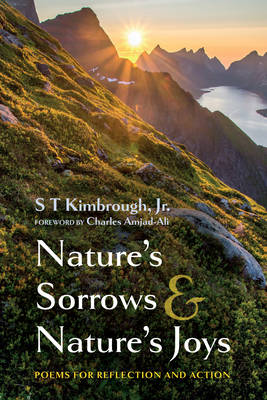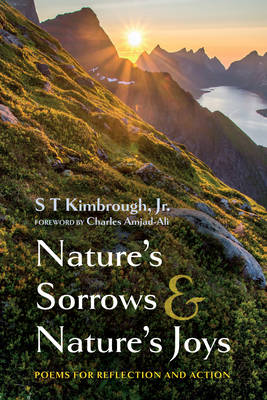
Bedankt voor het vertrouwen het afgelopen jaar! Om jou te bedanken bieden we GRATIS verzending (in België) aan op alles gedurende de hele maand januari.
- Afhalen na 1 uur in een winkel met voorraad
- In januari gratis thuislevering in België
- Ruim aanbod met 7 miljoen producten
Bedankt voor het vertrouwen het afgelopen jaar! Om jou te bedanken bieden we GRATIS verzending (in België) aan op alles gedurende de hele maand januari.
- Afhalen na 1 uur in een winkel met voorraad
- In januari gratis thuislevering in België
- Ruim aanbod met 7 miljoen producten
Zoeken
€ 18,45
+ 36 punten
Uitvoering
Omschrijving
What if many desirable things in nature were no longer there?--clean air, freshly grown vegetables, wildflowers, a waterfall, a green forest, spring rains, colors of flowers, a willow tree, fresh trout from a stream, autumn leaves, sunrise, sunset, mineral-rich farmland, etc. What if in a few years global warming and its devasting effects so damaged the earth, its atmosphere, and its resources, that many of these things were no longer possible? These poems address openly both the sorrows we face with forces that destroy nature and the things we celebrate in nature that provide much of humankind's joy and sustenance. Some may ask appropriately, "What difference can a poet's words make in correcting the paths of nature's destruction down which humankind is traveling?" Certainly, words alone cannot save nature. Perhaps poetry can help to shape a new understanding of human failure, as well as to shape new visions of hope for the nature we know and are ever discovering.
Specificaties
Betrokkenen
- Auteur(s):
- Uitgeverij:
Inhoud
- Aantal bladzijden:
- 124
- Taal:
- Engels
Eigenschappen
- Productcode (EAN):
- 9781666769623
- Verschijningsdatum:
- 15/06/2023
- Uitvoering:
- Paperback
- Formaat:
- Trade paperback (VS)
- Afmetingen:
- 140 mm x 216 mm
- Gewicht:
- 154 g

Alleen bij Standaard Boekhandel
+ 36 punten op je klantenkaart van Standaard Boekhandel
Beoordelingen
We publiceren alleen reviews die voldoen aan de voorwaarden voor reviews. Bekijk onze voorwaarden voor reviews.









